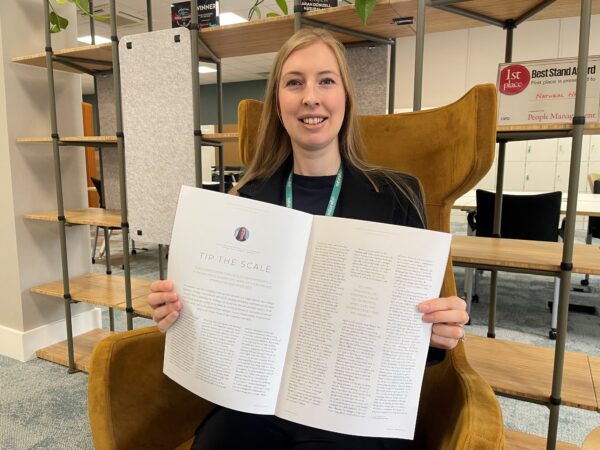It’s no secret that the ‘gig economy’ is growing and the way we work is changing. These changes are increasingly testing the boundaries of employment rights and questioning how we interpret an individual’s “employment status”. There are three main types of employment status that are often called into question including: “employee”, “worker” and “self-employed” as each provides individuals with different rights and protection. It’s more often than not, the latter two which are being questioned in the gig-economy.
Tribunal court cases, for organisations as big as Uber, Addison Lee and Pimlico Plumbers, have questioned whether individuals are in fact “self-employed” or if in reality, they are “workers”. The implication being, if those who are deemed as “self-employed” are actually found to be “workers”, then they should be entitled to terms and conditions that are reflective of that employment status, such as national minimum wage, sick pay and holiday pay.
With this in mind, a few weeks ago, I stepped out of our Birmingham City Centre office to find a large gathering of Deliveroo Riders on the street. Unbeknownst to me until this point, the Deliveroo offices are next door to us and this gathering was in fact a protest by staff in response to changes, which would result in them having to specify 3 hour working slots instead of working as and when suited them. As a key player in the emerging ‘gig economy’, Deliveroo has been of great interest to HR and employment law specialists, so I was keen to understand their position.
I spoke with several Deliveroo Riders to find out why they were protesting, fully expecting to be met with individuals wanting more rights and protections. The truth very much surprised me as I found many Riders were happy to be “self-employed” and wanted the flexibility that allowed for them. Many even expressed that they accepted the forgoing of typical employee benefits (i.e. sick pay) as they valued the freedom and choice as being worth more.
What was also interesting was the flexibility at Deliveroo to be able to choose exactly when you work and when you don’t had amassed a diverse group of people: from parents wanting to ride for Deliveroo until it was time to pick up their children from school, spend time with them before reading bedtime stories, then returning to ride for Deliveroo in the evening once their children were asleep, through to students wanting to get some hours in to earn some money between lectures. It was loud and clear that a “9 to 5 job” wasn’t an option for many in this group and that without flexibility, they wouldn’t be earning money at all.
In essence, the alleged change – sent in an email to the Riders – would remove, for many of them, the key motivator for riding for Deliveroo.

Deliveroo Riders protesting in Birmingham City Centre on 28th January 2019
As a business owner, I saw the need for Deliveroo to predict a workforce, but as an HR specialist, this protest fascinated me on two levels:
Firstly, the requirement to work for a minimum number of hours and how this could potentially be viewed with assessing an individual’s employment status.
In the November 2018 Employment Appeal Tribunal (EAT) Addison Lee Ltd v Mr M Lange and Others: UKEAT/0037/18/BA found that Addison Lee’s taxi drivers were workers as opposed to self-employed. During the EAT, one argument from Addison Lee was that their taxi drivers were self-employed as they did not provide drivers with a specific amount of work or even a minimum amount of work. Their provision of services which drivers agreed to specifically stated: “you choose the days and times when you wish to offer to provide the Services” – a contrary approach the to model my local Deliveroo Riders are being moved towards.
Secondly, as an HR specialist, I couldn’t help but consider the careful management and effective communication needed, regardless of employment status, when dealing with people who contribute to the success of our businesses. Whether employed, self-employed, or a worker, we are dealing with people. Seeing this unhappy mass of people opened my eyes to how people can and will collectively respond if we as employers fail to recognise this.





